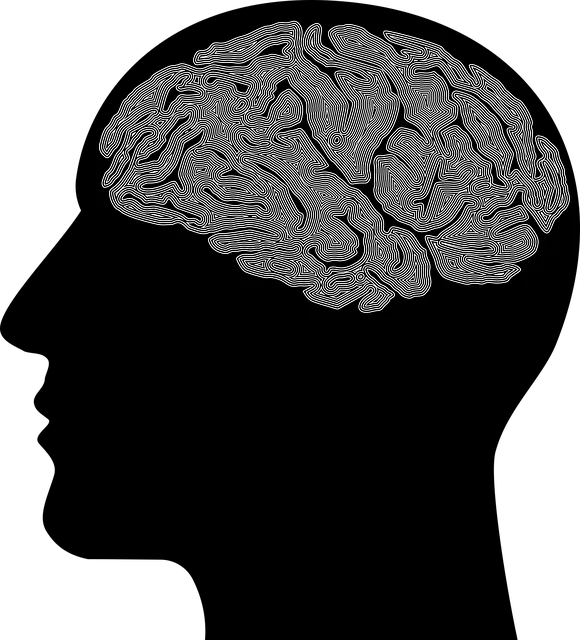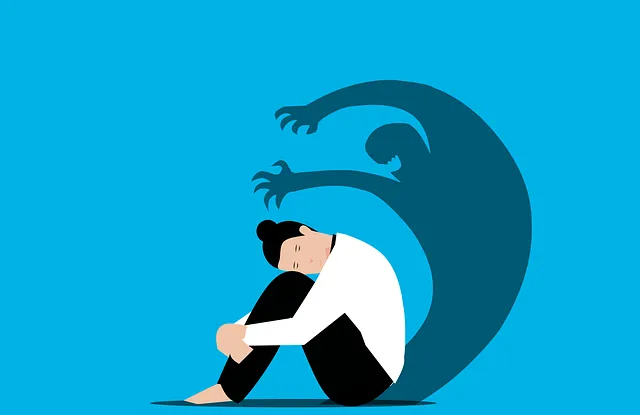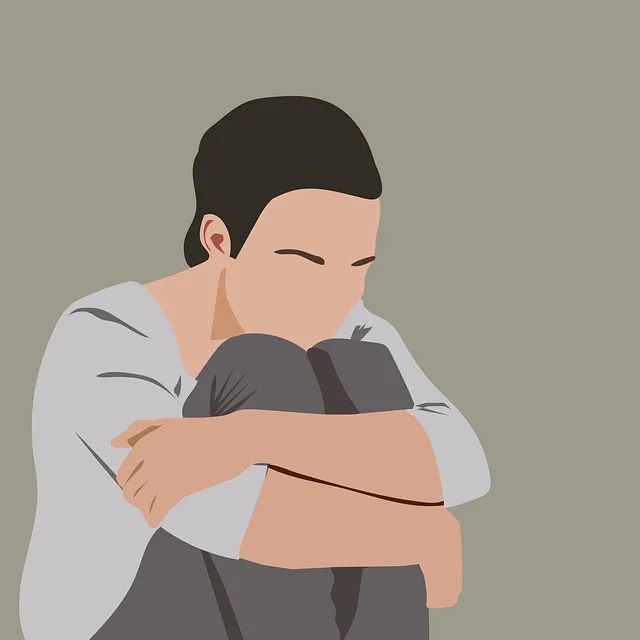The stigma around mental illness creates significant barriers to care, leading to isolation and shame. The Littleton Kaiser Permanente behavioral health services combat this through holistic approaches like tailored support, education, group therapy, and self-care routine development. They empower individuals to manage their mental health effectively, break down isolation, foster community, and reduce stigma in mental health care by providing programs like workshops, webinars, and peer support groups that promote understanding, empathy, and coping strategies for improved self-esteem.
Mental illness stigma remains a significant barrier to seeking treatment, yet efforts to reduce it are gaining traction. This article explores strategies to combat stigma, focusing on the innovative approaches employed by Littleton Kaiser Permanente Behavioral Health Services. We examine how community support and education can foster understanding and acceptance. By learning from successful models like Littleton Kaiser Permanente, we can create a more inclusive society where individuals with mental health conditions receive the care and support they deserve.
- Understanding Stigma and Its Impact on Mental Health
- Littleton Kaiser Permanente Behavioral Health Services: A Model for Reduction
- Strategies to Foster Community Support and Education
Understanding Stigma and Its Impact on Mental Health

Stigma surrounding mental illness is a significant barrier to individuals seeking help and support for their behavioral health. It often manifests as negative attitudes, stereotypes, and discrimination, creating an environment where those struggling with their mental well-being feel isolated and ashamed. This internalized stigma can severely impact an individual’s willingness to access services, such as those offered by Littleton Kaiser Permanente behavioral health professionals, hindering their ability to receive the necessary care.
The consequences of stigma are profound, leading to increased anxiety, depression, and even avoidance of essential self-care practices. Many individuals may feel too ashamed or embarrassed to discuss their struggles openly, which can prevent them from developing coping skills and engaging in activities that promote mental wellness, like journaling exercises designed to enhance emotional awareness. By understanding the impact of stigma, we can foster a more supportive and compassionate society where people feel comfortable seeking guidance and participating in practices that contribute to overall mental health.
Littleton Kaiser Permanente Behavioral Health Services: A Model for Reduction

The Littleton Kaiser Permanente Behavioral Health Services stands as a beacon of hope and progress in the battle against mental illness stigma. This innovative program offers a comprehensive approach, focusing on various aspects of mental wellness. By providing tailored support and education, they empower individuals to take control of their mental health journeys. The services include group therapy sessions that foster a sense of community, where members share experiences and learn coping skills development strategies. These sessions are instrumental in breaking down the isolation often associated with mental illness.
Moreover, Littleton Kaiser Permanente emphasizes the importance of Self-Care Routine Development for Better Mental Health. They guide individuals in creating personalized routines that promote resilience and well-being. This proactive approach not only helps in managing symptoms but also prevents burnout, a common challenge in dealing with mental health issues. Through these initiatives, the program sets a powerful example for others to follow, demonstrating how dedicated support can significantly reduce the stigma surrounding mental illness.
Strategies to Foster Community Support and Education

Community support and education play a pivotal role in stigma reduction for mental illness. Organizations like Littleton Kaiser Permanente behavioral health services are at the forefront of this effort, offering various programs aimed at fostering understanding and empathy. These initiatives include community workshops, educational webinars, and peer support groups that provide a safe space for individuals to share their experiences and learn about available resources. By integrating Emotional Well-being Promotion Techniques and Mind Over Matter Principles, these programs empower participants with coping strategies and tools to enhance their Self-Esteem Improvement. Through open dialogue and shared knowledge, communities can dispel myths, challenge stereotypes, and create a supportive environment where mental health is prioritized.
Mental illness stigma reduction is a multifaceted approach, as evidenced by the successful model implemented by Littleton Kaiser Permanente Behavioral Health Services. By fostering community support, education, and open dialogue, we can create an environment where individuals with mental health challenges feel understood and supported. Adopting such strategies not only alleviates the impact of stigma but also encourages early intervention and improved outcomes for those dealing with mental illness.






